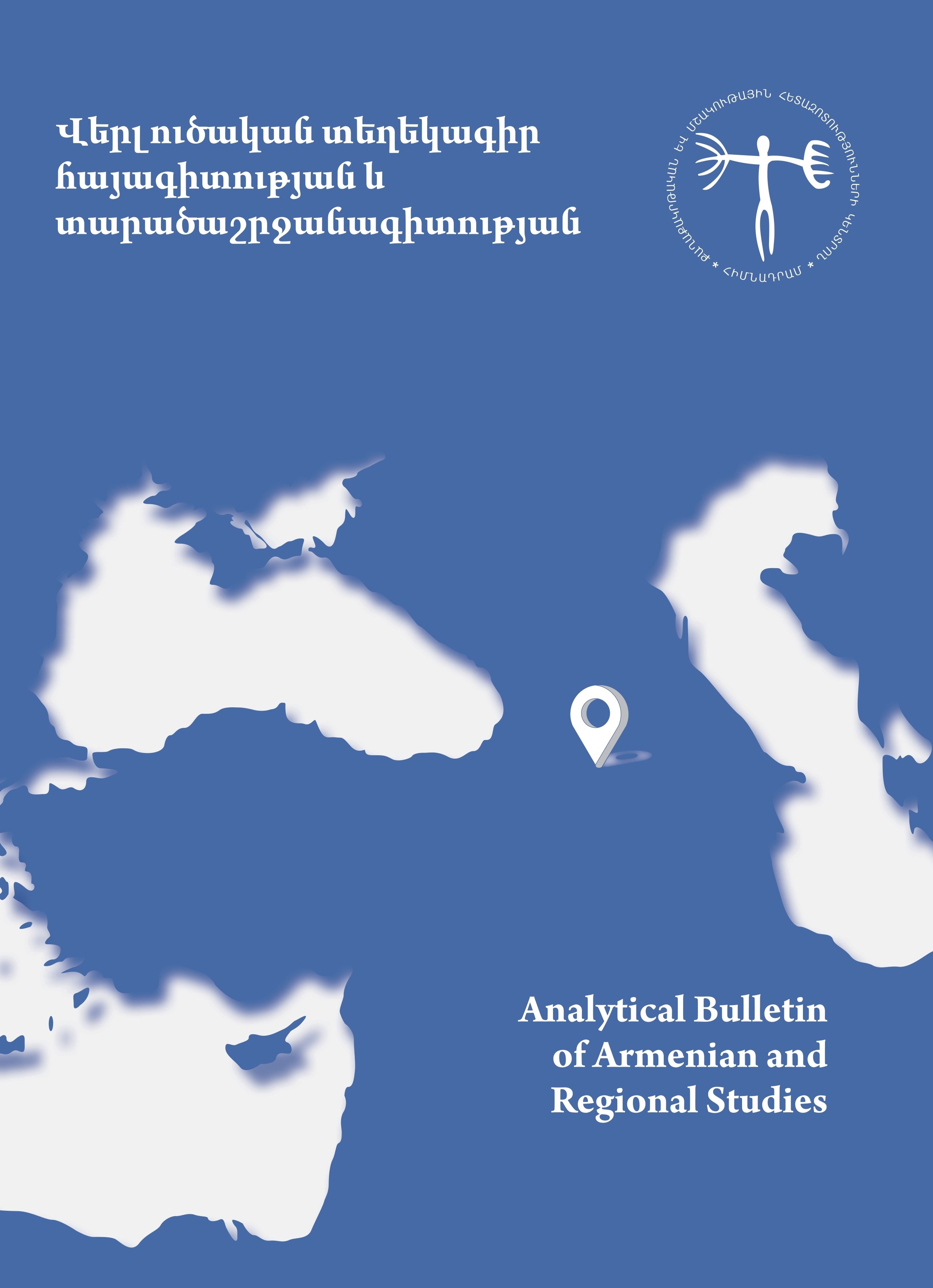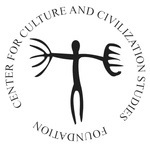“PEREDOVIE” COMRADES: THE IMAGE OF AN “IDEAL” SOVIET CITIZEN ACCORDING TO LETTERS OF COMPLAINT WRITTEN BY ARMENIAN DEPORTEES FROM 1949
Keywords:
Comrades, Complaint-letter, Armenian deportees, Soviet Armenia, Father Stalin”, Petitions, Soviet language, “ideal” Soviet citizen, Political repressionsAbstract
This paper is an attempt to define an approximate image of a “right” citizen of the late Stalin era in the perceptions of Soviet Armenians. The research materials that utilized in this paper are the complaints of deportees from Soviet Armenia to the Altai region in 1949. The letters were addressed to Soviet leaders to gain permission to return to their former homes. The absence of official information available on deportation decision-making and the social groups that fall under the categories to be deported cause people to self-reflect, fabricate possible crimes, then try to justify themselves in that given context. This situation provides more opportunities to understand their perceptions about the Soviet “black and white.” The vibrations in political course, staff changes in NKVD, different propagated ideas had “created” flexible citizens able to present these ideas in written texts in a required Soviet language in order to succeed in avoiding repressions. Based on the letters analyzed in this study, they believed that possessing certain skills could guarantee their freedom from special resettlement. As a result, each of them tried their best to be accepted as an “ideal” citizen and fit the requirements of the authorities when describing their lives and the circumstances in which they had possibly appeared in the lists of people liable to deportation. These texts contain much deeper signals of social and cultural processes of this period than it has been revealed in the framed of this paper and are worth exploring in future studies. The main themes addressed in this paper are the Soviet language, the ways of referring to and addressing the leader in letters, the discussions on family, and political past issues.
References
Cizgem, O. (2013). Negotiating the Terms of Mercy: Petitions and Pardon Cases in the Hamidian Era. Istanbul.
Davis, N. Z. (1990). Fiction in the Archives: Pardon Tales and Their Tellers in Sixteenth-Century France. Standford University Press. Fitzpatrick, S. (2000).
Everyday Stalinism, Ordinary Life in Extraordinary Times: Soviet Russia in the 1930s. Oxford University Press.
Khodorovich, S. (n.d.). Unsuccessful and Tragic Attempt to Create a "New Man". http://www.roca.org/OA/76-77/76f.htm. Yurchak, A. (2005).
Everything was Forever, Until it was no More; the Last Soviet Generation. New Jersy: Princeton University Press. Алексанян, А. (Ереван). Сибирский Дневник 1949-1954 гг. 2007:
"Гитутюн" НАН РА. Гучинова, Э.-Б. (2016). Рисовать лагерь. Язык травмы в памяти японских военнопленных о СССР. Рожанский, М. Я. (2014).
Письма об истории и для истории 1988- 1990 годы. Иркутск. Суворцева, Е. В. (2010).
Жанр «Письма вождю» в Советскую эпоху (1950-е-1980-е гг.). Москва: «Аиро-XXI». Ստեփանյան, Գ. (2015, December 12, 18:19).
«Լիահույս եմ, որ...». արդարացման հուսահատ փնտրտուքը 1949 թ. հայկական բռնաքսորի համատեքստում. Lragir.am.
NAA, fond 1191, list 15, documents 323, 324.
NAA, fond 1191, list 15, documents 12, 13.
NAA, fond 1191, list 7, document 1950.
NAA, fond 1191, list 19, document 1598.
NAA, fond 1191, list 6, document 763.
NAA, fond 1191, list 6, document 278.
NAA, fond 1191, list 6, document 682.
NAA, fond 1191, list 6, document 730.
NAA, fond 1191, list 6, document 754.
NAA, fond 1191, list 6, document 387.
NAA, fond 1191, list 6, document 389.
NAA, fond 1191, list 6, document 297.
NAA, fond 1191, list 6, document 763.
NAA, fond 1191, list 6, document 727.
Սովետական Հայաստան օրաթերթ, հունվարի 7, 1949 թ., N 5 (8464).
Սովետական Հայաստան օրաթերթ, հունվարի 6, 1949 թ., N 4 (8463).





